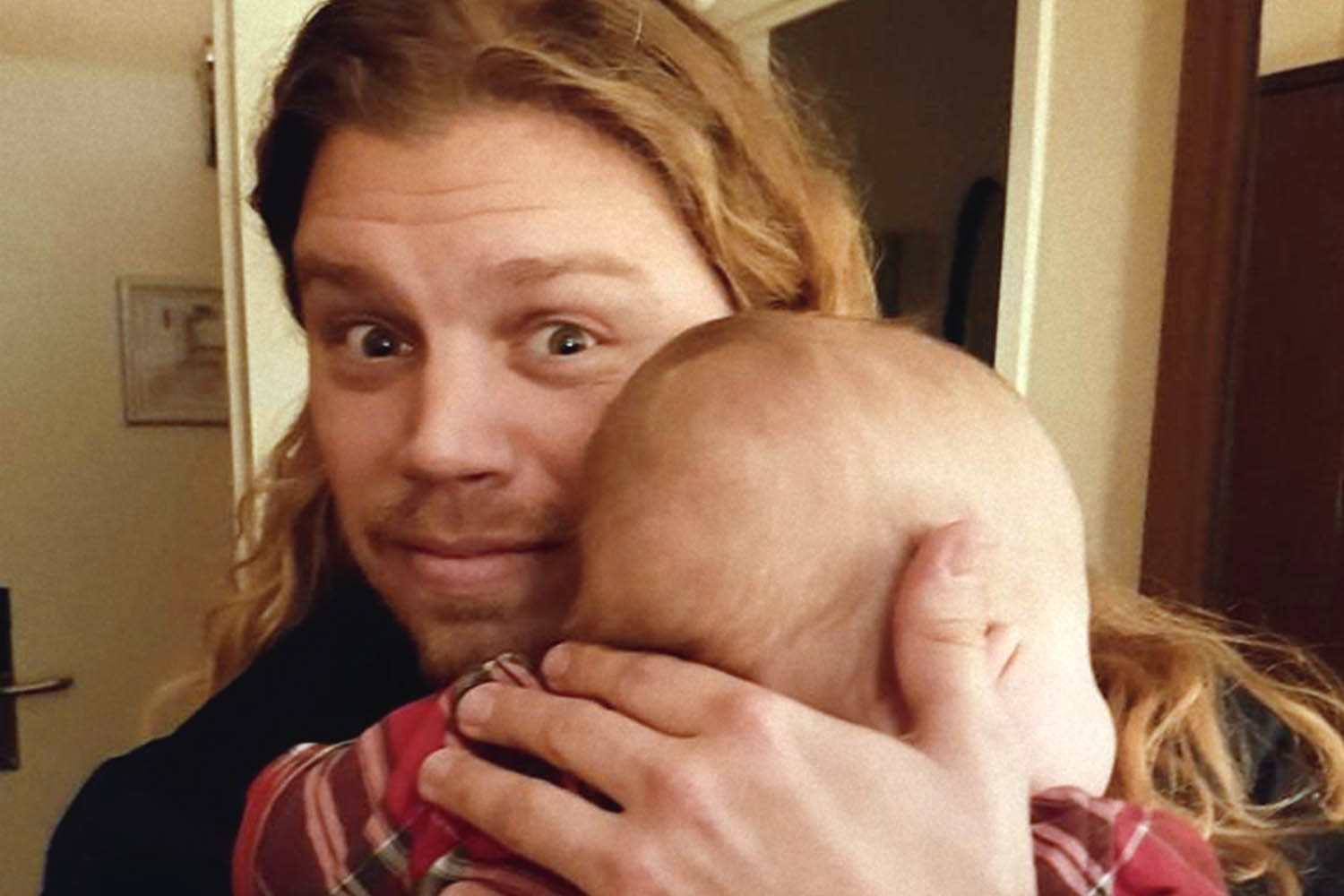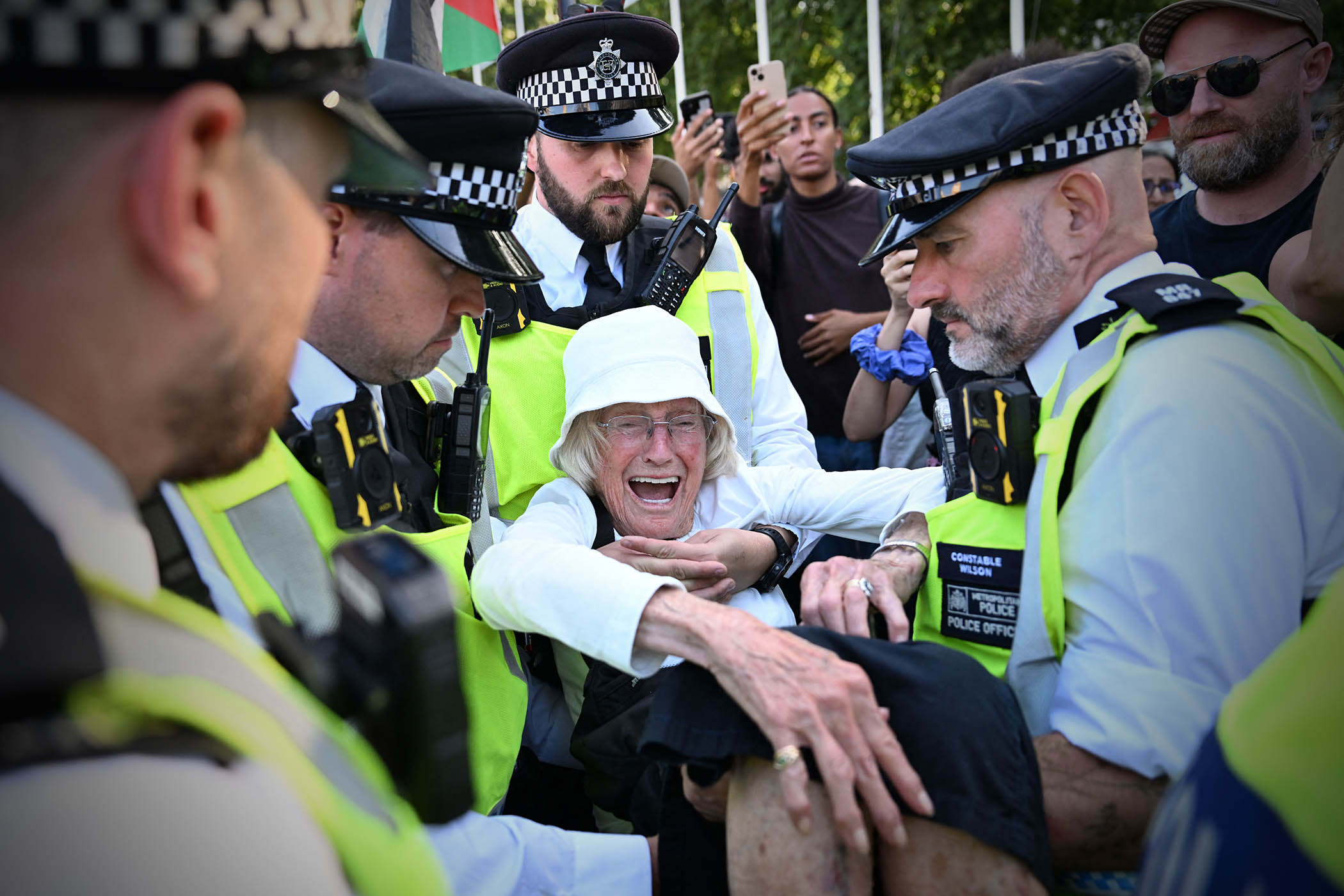The controversial founder of a Danish sperm bank has launched a new app in the UK that allows sperm donors to enter into private arrangements, circumnavigating rules set out by the fertility regulator.
Y Factor, which became available in the UK last month, allows potential sperm donors and women or couples seeking a donor to register profiles, then select whether they would like the donation to take place through a clinic, through sexual intercourse, or through “do-it-yourself (home insemination)”.
Users can also choose what kind of relationship they would like to have after a child is conceived, and whether or not they would like to pay or be paid for the donation. Paying for sperm donated via clinics is illegal in the UK, but private arrangements exist in a legal grey area.
The app was the brainchild of Ole Schou – who is also funding it – and is the founder of Denmark-based Cryos International, which bills itself as the world’s largest egg and sperm bank. Cryos was the subject of criticism last year after a Netflix documentary, The Man With 1,000 Kids, revealed that a Dutchman, Jonathan Jacob Meijer, who had fathered hundreds of children, had used its Danish clinics.
Most countries have legal limits for the number of children a donor can father through donations to a clinic or sperm bank, to reduce the possibility of consanguinity, or inbreeding, and subsequent genetic complications. The UK limit is 10. Y Factor asks donors to verify their profiles with an ID verification system, but it is optional. It also does not limit the number of times a man can donate his sperm.
Apps like this cut corners and expose people to serious medical, legal and emotional risks
Apps like this cut corners and expose people to serious medical, legal and emotional risks
Prof Tim Child
Sofie Hafström Nielsen, Y Factor’s chief executive, said the company hopes to provide transparency about how many times a man has donated, and then let the users decide for themselves. This feature is not available yet.
“We feel this is a choice between two grown-ups,” Hafström Nielsen said.
“Apps like this cut corners and expose people to serious medical, legal and emotional risks,” said Prof Tim Child, a board member at the Human Fertilisation and Embryology Authority (HFEA), the UK regulator, and associate professor of reproductive medicine at Oxford.
Hafström Nielsen said one of the reason s Y Factor had chose n the UK for its launch was because of the strict regulations around those donating sperm at clinics.
Under rules set out by the HFEA, sperm donors who donate via clinics must be aged between 18 and 46 years old, and screened for a range of sexually transmitted and inherited diseases.
Newsletters
Choose the newsletters you want to receive
View more
For information about how The Observer protects your data, read our Privacy Policy
Since 2005, they must also be open to being contacted by any children once they reach 18 years old.
Natalie Sutherland, a fertility lawyer and partner at Burgess Mee Family Law, warned that the app gives an “air of legitimacy” to private arrangements “without explaining that certain choices come with certain legal consequences”.
People who use donor sperm through regulated clinics in the UK have legal protections, including that the donor’s name will not appear on the birth certificate of any child they father. Those doing it through private arrangements do not have the same protections.
She added that the option for users to pay for donations could put them – or the app’s founders – at risk of potential investigation by the HFEA.
Hafström Nielsen said that the app highlighted legal issues and risks in their FAQs and had consulted legal experts. She said they found “no basis for this concern under current law”, and added: “UK law limits compensation through licensed clinics… There is currently no law prohibiting a donor and a future parent from agreeing on compensation between themselves.
“Y factor does not sell sperm or facilitate payment.”
Cryos International has previously said it “has always been adhering to all national and international legislation and continues to do so”.
Hafström Nielsen said: “In the UK, many groups are effectively excluded from the official system due to strict eligibility criteria and limited NHS access and coverage… For them it’s not finding a loophole to bypass regulation, it’s often the only possible path.”
Photograph by Netflix



